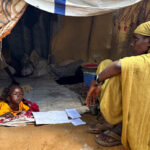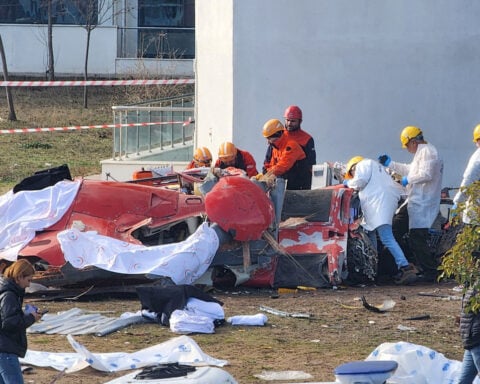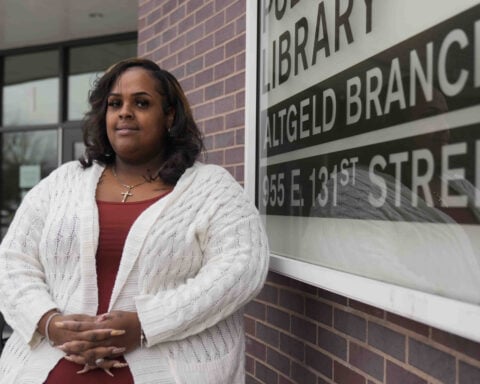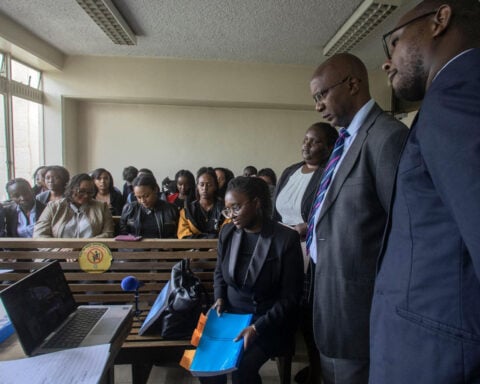Loneliness - a feeling that weighs heavy on the hearts of many, even in our hyper-connected digital age. It's a paradox that while technology binds us virtually, true human bonds often fray. San Mateo County took a bold stand, becoming the nation's first to declare loneliness a public health crisis demanding urgent action.
The physical and mental toll loneliness extracts is staggering. Medical experts link sustained separation from others to premature death risks on par with puffing 15 cigarettes daily. The Surgeon General's 2023 landmark report outlined how lack of community ties and social support heightens threats like heart disease, stroke, anxiety, depression, dementia - even vulnerability to viral infections. Loneliness compromises our well-being at a cellular level.
Beyond individual suffering, the ripple effects of isolation hit society hard, too. Medicare spent a staggering $6.7 billion treating health issues directly tied to loneliness and lack of social bonds. In the workplace, stress from disconnection contributed to a $154 billion hit to productivity as loneliness fueled absenteeism. These figures underscore the urgency of combating an insidious epidemic quietly undermining our collective welfare.
In the trenches, nearly half of San Mateo County's ethnically diverse residents sometimes confessed to feeling disconnected and adrift in their community. For the third who were born abroad, the added stresses of adjusting to new cultural norms while navigating prejudice compound loneliness. The county's watershed decision prioritizes restoring that vital social fabric through shared, enriching experiences that foster belonging.
Leading this paradigm shift, Fifth District Supervisor David Canepa envisions a multi-pronged approach inspired by the Surgeon General's guideposts. Fortifying community hubs, mobilizing robust public health initiatives, reshaping technology's role, and nurturing a culture that fundamentally values real human connection over virtual substitutes.
However, creating true belonging takes more than simple physical proximity, cautions Phaedra Bell of UCSF's esteemed aging and memory center. Thriving demands the nurturing of rich, meaningful bonds. Communal activities like art programs, cooking classes, book clubs or team pursuits spark the deeper interpersonal connections key to holistic well-being. Every county agency has a vital role in weaving this sturdy social safety net.
Though no specific funds are earmarked yet for innovative programs, deeming loneliness an epidemic lays the crucial foundation. San Mateo's pioneering stand catalyzes long-overdue change - compelling other communities to prioritize repairing the fraying connective tissue of society, those intrinsic human bonds our very biology once depended on for survival.
In our frenetic modern world of fragmented online existences, we've strayed perilously far from the tribe-like closeness humans evolved to thrive within. By boldly naming this insidious issue, San Mateo County provokes vital conversations on healing the corrosive effects of chronic loneliness and nurturing the interdependence key to flourishing as individuals and a collective.
The very notion of "diseases of loneliness" would have been unfathomable to our ancestors, for whom the tribal campfire represented security, identity, and purpose. Today, we must be just as revolutionary in recognizing the fundamental human need for real, sustained community connection. This isn't just reframing an age-old adage about the value of friends and family. It's a seismic shift in how we view public health priorities and societal well-being.
Just as smog and food safety catalyzed environmental and consumer movements, loneliness represents an existential threat no longer ignored. San Mateo County's watershed decision sounded the wake-up call. The intergenerational ripple effects of alienation fray our communities and human potential from the start. By prioritizing policies and partnerships that weave a sturdy social fabric, we can spark a transformative revolution in how we live, learn, work and thrive together.
This pioneering public health focus invites us to reimagine community spaces as modern versions of the village square - buzzing hubs that organically facilitate real connection. Libraries, parks, schools and other civic centers can double as anchor spaces fostering gatherings that transcend solo screen time. Redesigning urban spaces to facilitate chance encounters and simple social rituals like saying hello can chip away at dehumanizing isolation.
Workplaces have an opportunity to cultivate team bonding through group projects and inclusive team-building beyond forced "fun" going through the motions. Even digital environments and platforms can be reimagined with incentives for meaningful discourse over empty virtuality posturing. Small shifts can catalyze broader transformation.
Ultimately, nurturing belonging and community transcends programmatic efforts. It requires a cultural reset to prioritize our primal need for human interaction and interdependence. As loneliness emerges from shadowy neglect, this holistic public health focus can restore the social fabric at the heart of individual and collective vibrancy.

 Trump taps ex-Treasury official Miran as chair of Council of Economic Advisers
Trump taps ex-Treasury official Miran as chair of Council of Economic Advisers
 Why did at least 67 people die in Christmas charity stampedes in struggling Nigeria?
Why did at least 67 people die in Christmas charity stampedes in struggling Nigeria?
 When 2025 arrives, so will the end of the amateur athlete in college sports
When 2025 arrives, so will the end of the amateur athlete in college sports
 Man United loses 3-0 at home to Bournemouth for second straight season as Chelsea held by Everton
Man United loses 3-0 at home to Bournemouth for second straight season as Chelsea held by Everton
 Russia's Putin holds talks with Slovakian PM Fico, in a rare visit to Moscow by an EU leader
Russia's Putin holds talks with Slovakian PM Fico, in a rare visit to Moscow by an EU leader
 Sudan's RSF says seizes back control of key Darfur base from army allies
Sudan's RSF says seizes back control of key Darfur base from army allies
 A million taxpayers will soon receive up to $1,400 from the IRS. Who are they and why now?
A million taxpayers will soon receive up to $1,400 from the IRS. Who are they and why now?
 Tiger's son comes up aces in PNC Championship with a hole-in-one
Tiger's son comes up aces in PNC Championship with a hole-in-one
 John Wall gives broadcasting a try, while still holding out hope for one more NBA shot
John Wall gives broadcasting a try, while still holding out hope for one more NBA shot
 Loneliness A Health Emergency
Loneliness A Health Emergency






